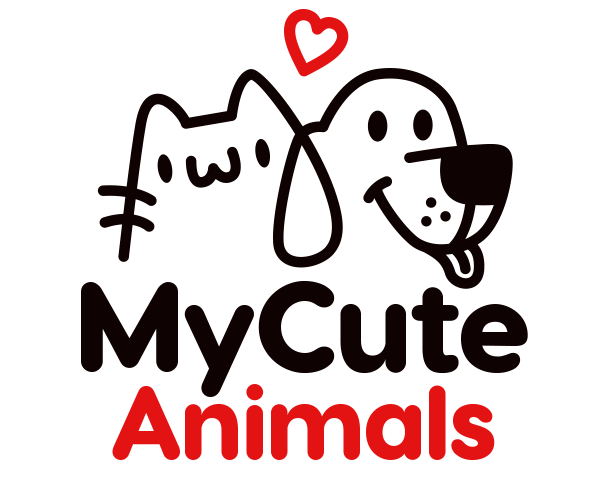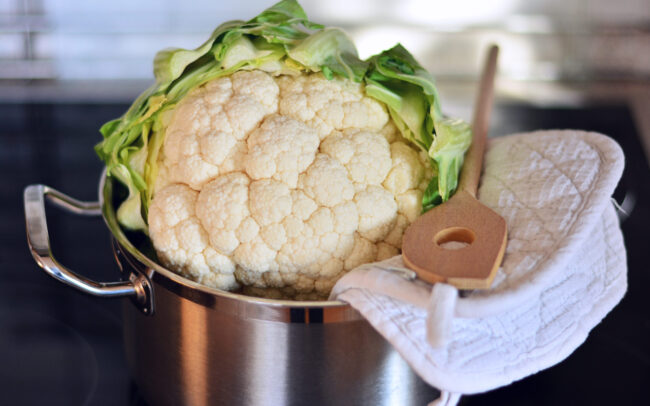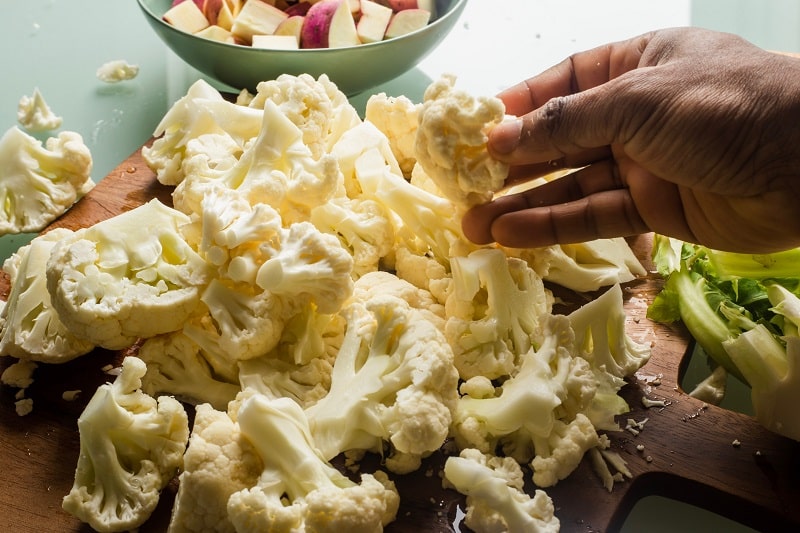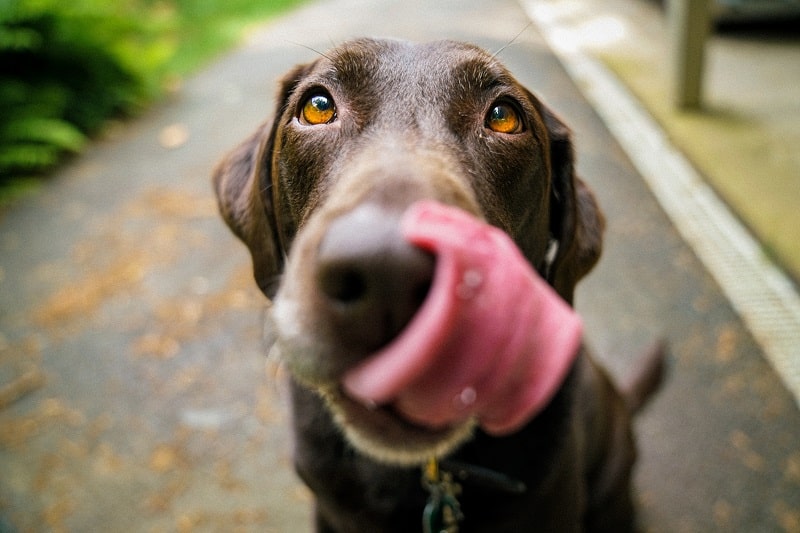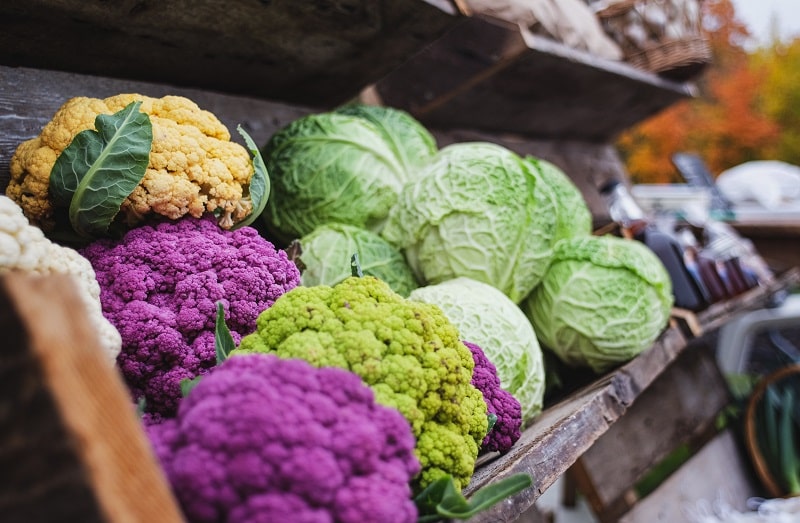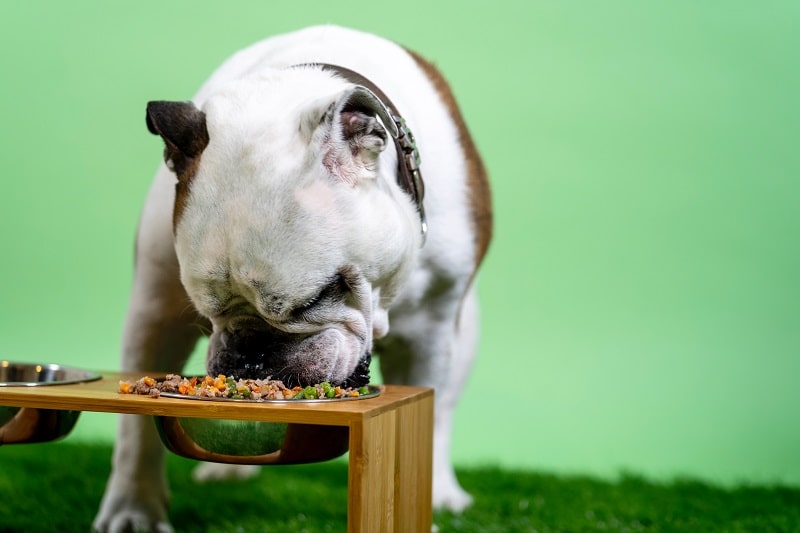Table of Contents
The indistinct taste of the cauliflower ensures that most dogs accept it with little objection. The vegetable is on the menu of most people quite regularly anyway. So in many households, leftovers (with cauliflower) often end up in the dog bowl.
But is cauliflower even good for dogs?
Can dogs eat raw cauliflower?
Yes, dogs are allowed to eat cauliflower – when it’s cooked. Raw cauliflower can cause severe gas. That said, cauliflower is quite healthy for dogs in moderation and, thanks to its fiber, can help regulate digestive problems. So if your dog likes cauliflower: Bon appétit!
Why should cauliflower be cooked for dogs?
Like almost all plant cells, cauliflower is difficult for dogs to digest in its raw state. There’s also a lot of fiber. The fiber forms gas in the intestine, leading to gas.
Once cauliflower is cooked, there’s less gas formation. You can cook it in numerous ways, including steaming, baking, or frying. The cauliflower will be safe for your dog afterwards. For canines that are prone to constipation, you can use the cauliflower to stimulate his digestion. This humble vegetable makes for a great complement to bones or chicken breast.
Cauliflower allergy in dogs
Allergies to cauliflower are rare, but theoretically possible. However, cross-allergic reactions are common. Like all plants in the cruciferous family, cauliflower can trigger a reaction in people who are allergic to pollen. Should your dog have had an allergic reaction to cabbage or similar vegetables, it’s better not to give him cauliflower either.
Is there any dog food with cauliflower?
No. So far, no manufacturer has added cauliflower to their pet food line. So if your furry pal loves it, you’ll have to either make its food yourself, or wait until there’s a pet food meal that contains cauliflower.
Flatulence even after boiled cauliflower
Is your dog farting too much from cauliflower? Don’t worry, that’s normal. Just give it less or none at all should the situation bother you. That’s because cauliflower contains mustard oil. It’s found in all cabbage plants. While considered healthy, mustard oil does consist of sulfur, which causes flatulence.
Mustard oil all cabbage variants
All types of cabbage, especially from the cruciferous family, contain mustard oil. Its potent antibacterial properties are best known for colds and respiratory infections. Cauliflower contains a weaker concentration of mustard oil, but the amount is still healthy. Mustard oil is also said to have healing or preventive effects on cancer. Clinical evidence of effectiveness in dogs is not yet available.
YES to cauliflower – but only in small portions
The cauliflower itself is quite healthy for dogs. However, it does have high phosphorus content, could have dehydrating effects, and cause flatulence. Pay close attention to how your dog reacts to the vegetable. Try not to give it large portions. Once you’re sure that your furry pal is not reacting negatively to it, you can keep giving cauliflower at certain times, as long as it’s cooked.
Cauliflower Nutrients
Cauliflower comes in white, green, orange, and purple. The nutritional contents are a little different depending on the color. The colored varieties are said to be generally more nutritious. The yellowish varieties contain more beta-carotene and vitamin A, which is good for the eyes.
Neither the high iron content nor the abundant vitamin C in cauliflower is of particular interest to dogs. However, the fact that it contains almost all of the B group vitamins makes it a wonderful option for canines. Vitamin B5 (pantothenic acid) for instance, is advisable for dogs. Lack of it can cause psychological problems and muscle tension in puppies or adult dogs, among other complaints.
Pantothenic acid is also a common ingredient in many energy drinks – so don’t be surprised if your dog becomes noticeably energetic. Since an overdose is hardly possible, it’s not bad to give your dog an extra portion from time to time. Reduce options when necessary.
Cauliflower is high in potassium, too. The water-regulating electrolyte has a dehydrating effect in high doses. This can be the case with cauliflower. If your four-legged friend constantly has to go outside after eating cauliflower, the portion was too big. This veggie also provides plenty of magnesium, which active dogs can never get too much of. It’s important for nerves and protects the muscles from cramps.
The calcium content of cauliflower, which is also considerable, is unfortunately negated for dogs because of high phosphorus. The optimal ratio of 1: 1 can only be achieved by adding more calcium. Other nutrients in cauliflower are zinc, copper, and manganese. Zinc supports the immune system and has anti-inflammatory effects. It ensures a beautiful coat by stimulating hair growth as well. Copper assists Zinc and also ensures proper iron absorption. Manganese is essential for bones, muscles, and cartilage tissue.
Other cabbage vegetables for dogs
For the botanical relatives of cauliflower such as romanesco, broccoli, or kohlrabi, cook them so they are more digestible for your dog. Do note that large quantities of them can cause gas, so it’s important to portion their meals accordingly. Remember that all types of cabbage will contain mustard oil. White cabbage is particularly high in fiber, so it might be best not to feed this one to your pet. To keep flatulence in check, add caraway seeds to your cabbage dish.
